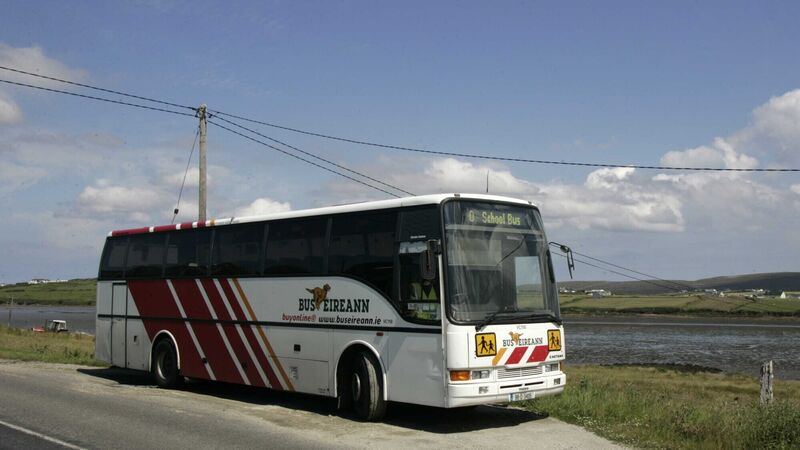School bus scheme gets 8,100 'late' applications for places after fee is dropped

Children are eligible for transport when they live within 3.2 kms and are attending their nearest school. At post-primary, students must reside no less than 4.8 kms from, and are attending, their nearest school. File photo: Mark Stedman/RollingNews.ie
There is no guarantee that almost 8,100 extra applications for school bus places, made after the Minister for Education announced families will not be charged for their tickets this year, will be able to get a seat.
At the beginning of the month, Norma Foley announced that families that receive a school transport ticket for the upcoming school year will not be charged a fee, given the current cost-of-living crisis.










